Prijavi problem
Obeleži sve kategorije koje odgovaraju problemu
Još detalja - opišite nam problem
Status problema i sve dodatne informacije možete pratiti klikom na link.
Molimo vas da pokušate kasnije.
Apply
Who can apply?
If you are a third or fourth-year undergraduate student at one of the social sciences and humanities faculties or you are studying for a Master’s degree in the field of social sciences and humanities, and you are interested in learning more about open data, how to process, analyse and present them with the help of the programming language Python and Jupyter environment, we invite you to apply and join us at the Winter School. The plan is for the Winter School to have between 25 and 30 students. To apply, click on the APPLY button at the bottom of the page and fill out the application form.
Why do I need this?
If you look around, you will notice that data are everywhere, today more than ever. So far during your undergraduate studies, almost certainly you have encountered concepts such as sample, median, regression analysis, correlation, etc. These statistical terms are also applicable when you have large data sets, and it is even better if these data sets are available to everyone and they are in a machine-readable form, that is, if they are open data. Furthermore, when you have a very large set of data in front of you, a computer can help you structure, process, and analyse these data and finally draw conclusions from them.
Whatever you decide to do in the future, whether you continue your journey in science, education or business, you will need the skill that enables you to draw conclusions based on data. You will also need to know how to collect, process and analyse data. Finally, and this is equally important, you will have to know how to present the conclusions you made to others in a manner that is understandable and clear.
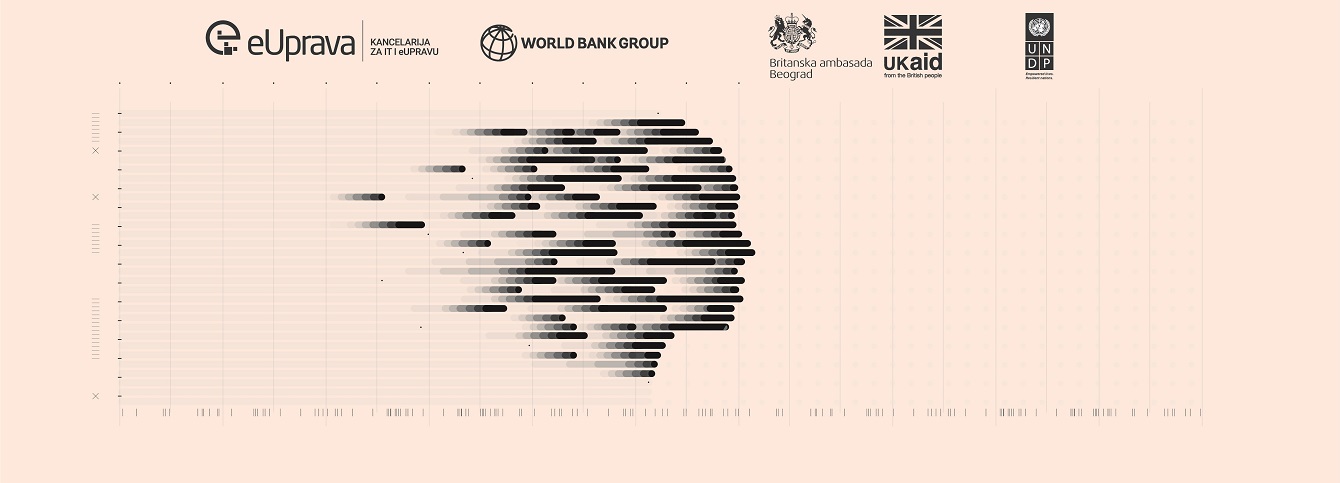
What will I learn?
You should see this Winter School as your way into the world of analysis and reasoning based on data, as well as acquiring basic programming skills, which you will need studying social sciences and humanities. This means that in a month we will teach you about:
- What is the concept of open data and where is its application today?
- The basics of the Python programming language required for data processing
- The basics of Jupyter - interactive computing environment through which you can process, analyse, and visualise large data sets.
How can I apply?
Click the APPLY button at the bottom of the page and fill out the application form. It should not take you more than 15 minutes to complete the application form. The application deadline for the Winter School is Sunday, 26 January 2020, 20h . The selected candidates will be contacted by the end of January, and the first lecture is scheduled for the beginning of February.
If you have any questions, you can write to us at loop@petlja.org and we will do our best to answer you as soon as possible.
About the School
Lectures within the Winter School will be blended and they will include live lectures and exercises that will be posted on the online platform along with additional reference materials.
Live lectures will be organized during February, once a week and they will last 3 hours (with breaks of course 😊).
The approach we have chosen envisages that you will immediately start working independently on the pre-prepared data sets. Therefore, there won’t be any lengthy theoretical introductions, in turn, you will adopt basic concepts and knowledge by working directly on your computer.
The online part of the Winter School is envisioned as the period between two lectures, which is intended for practice and independent work. You will have the support of both the lecturer and Petlja's team at all times.
If we want to assess the level of difficulty of the Winter School, we would say that it is medium.
This means that it is necessary to set aside between eight and ten hours a week to master the prepared material, which represents a little more than one hour a day. While preparing the Winter School program, we took your obligations into account and we believe that the proposed program would be feasible for you.
The Winter School lecture schedule:
- The first lecture: : Wednesday, 05 February 18 – 21h
- The second lecture: Saturday, 08 February 11 – 14h
- The third lecture: Saturday, 15 February 11 – 14h
- The fourth lecture: Saturday, 22 February 11 – 14h
- The fifth lecture: Tuesday, 25 February 17 – 20h
Lecturers
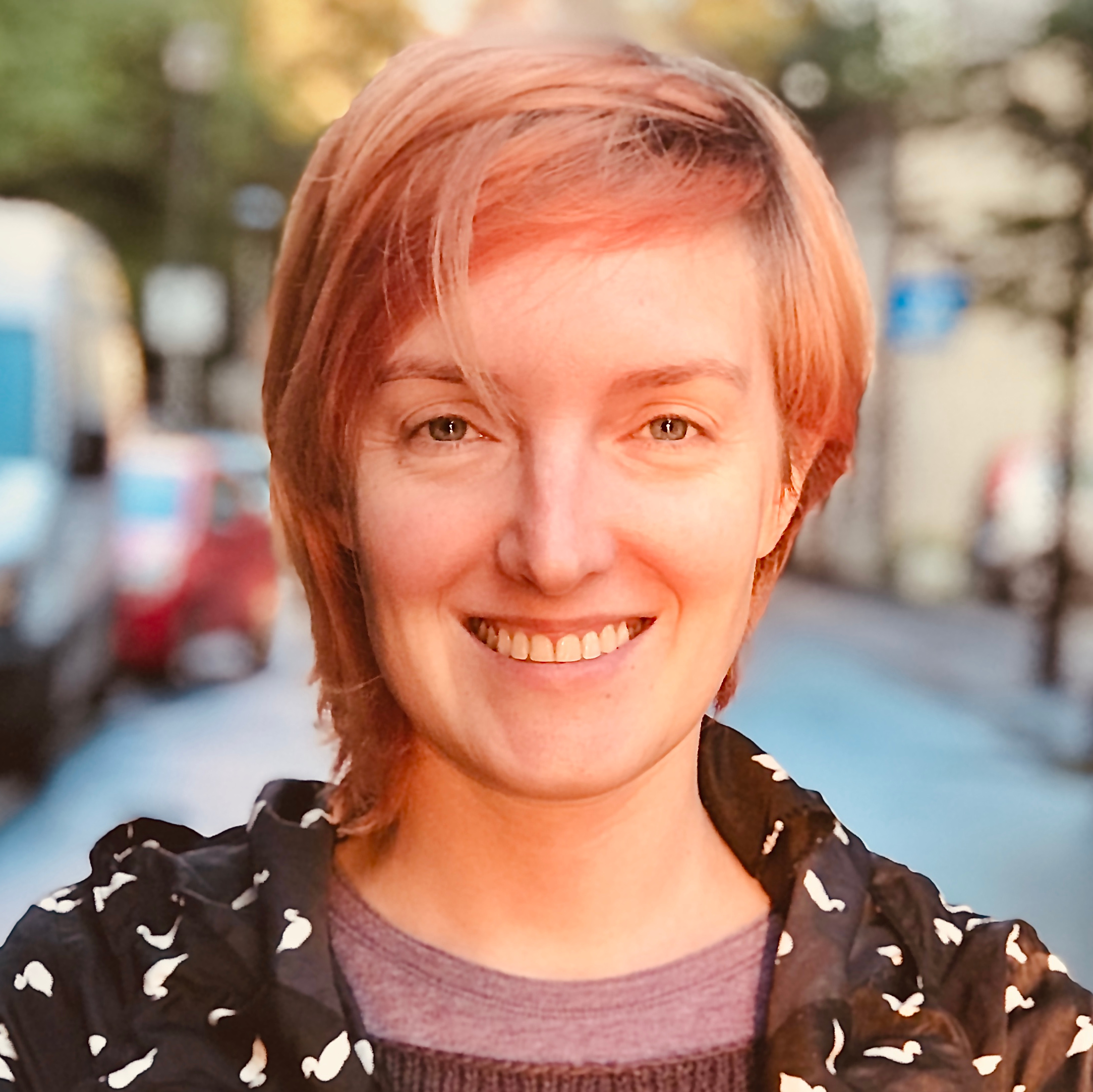
Aleksandra Alorić
Aleksandra Alorić is a scientist employed at the Institute of Physics in Belgrade at the Centre for the Study of Complex Systems. She graduated and obtained her Master's degree in theoretical physics at the University of Belgrade, and she completed her PhD studies in Applied Mathematics at the King’s College in London. In addition to researching socio-economic complex systems, Aleksandra enjoys being involved in education and promotion of science, she is the Coordinator of Mathematical and Technical Sciences programme at the Petnica Science Centre and one of the initiators and coordinators of the Young Physicists Tournament.
During the Winter School, Aleksandra will work with the students on the processing and analysis of specific data sets and their visualization.
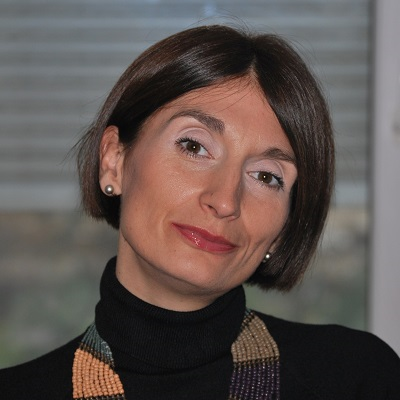
Milena Marić
Milena graduated from the Faculty of Mathematics at the University of Belgrade in 2002, where she is currently studying for a doctorate. For many years she has been gaining valuable experience by working as a mathematics and computer science teacher. Since 2017, she has been an associate of the Petlja Foundation, and in 2019 she joined the team as a coordinator of project activities. She is the author and co-author of several professional papers in the field of application of modern technologies in teaching mathematics and computer science. Furthermore, she co-authored several seminars accredited by the Institute for the Advancement of Education aimed at mathematics and computer science teachers. She was the reviewer for a book on the Python programming language. She is the author of the book “Python for Primary School Students”, published by Computer Equipment and Trade (CET).
As a lecturer at the Winter School, she will introduce the students to the basics of the Python programming language and its application related to open data.

Dragan Mašulović
Dragan Mašulović is a Full Professor at the Faculty of Sciences of the University of Novi Sad. He has extensive experience in teaching mathematics and computer science, both to students who are particularly motivated in these two fields, as well as to those who need mathematics and/or computer science as an auxiliary discipline. In addition to his long career as a university professor, he has been teaching computer science to special mathematics classes at the “Jovan Jovanović - Zmaj” Grammar School in Novi Sad for more than 20 years, and he has been active in various capacities at the Petnica Science Centre for more than 30 years. He was a Visiting Professor of Discrete Mathematics at the Johannes Kepler University in Linz. At the Faculty of Sciences in Novi Sad, he was the Head of the Chair for Theoretical Foundations of Computer Science and the Vice-dean for Doctoral Studies and Accreditation. He is currently engaged as the Coordinator of the Working Group for the Enhancement of IT Services.
He will work with the Winter School students on open data in the Jupyter environment.

Srđan Verbić
Co-founder of the Observatory of Social Innovations, an organisation whose goal is to promote data-based innovations and especially education as the most important social innovation. He is employed at the Faculty FEFA in Belgrade, where he teaches applied data science. He deals with data analysis and scientific education. He graduated with a degree in Physics and he has a PhD in Artificial Intelligence. For 35 years, he has been active in the Petnica Science Centre performing different tasks.
He will introduce the Winter School students to the concept of data and open data.
About the Project
About the Project
The Winter School of Open Data for Social Sciences and Humanities Students project (hereinafter: Winter School) is intended for students in the third or fourth year of graduate studies and postgraduate students studying social sciences and humanities. With this one-month long Winter School, we want to animate and prepare future economists, lawyers, philologists, sociologists, philosophers, anthropologists, historians, journalists, pedagogues, psychologists, andragogues, teachers, political scientists and others for the fact that argumentation and drawing conclusions based on data are skills they will need, regardless of whether they will continue to build their careers in the science, education or business sector after graduation. We will be satisfied if, after completing the Winter School, the students develop a critical and analytical attitude towards data, know how to ask a question and find the answer with the help of available data, have a more developed critical opinion, and by working on practical examples, independently or in a team, learn how to analyse the data and draw conclusions from them.
Why do we deal with open data and the basics of programming?
In addition to the fact that raising algorithmic literacy is the fundamental mission of the Petlja Foundation, the thing that we recognise as one of the characteristics of the world we live in today is the fact that we are increasingly surrounded by data in our everyday life, and especially in our work. More and more information can be extracted from these data, which at the same time increases expectations placed on all of us – to be able to use the data independently. This is one of the vital factors of the trend within which new jobs are becoming multidisciplinary.
One of the trends in data analysis is the use of environments that are based on scripting programming languages, such as Jupyter, which provides an additional possibility of automation, as well as the reuse and exchange of solutions from previous analyses. In this way, algorithmic literacy is being developed simultaneously. In addition to the growing presence of data, the modern world is moving towards the increased automation of jobs, which in order to be understood and shaped requires the knowledge of algorithms.
The Winter School of Open Data for Social Sciences and Humanities Students project is supported by the project “Open Data – Open Opportunities”, implemented by the Office for Information Technologies and e-Government and the United Nations Development Programme, with the support of World Bank and the UK Good Governance Fund.
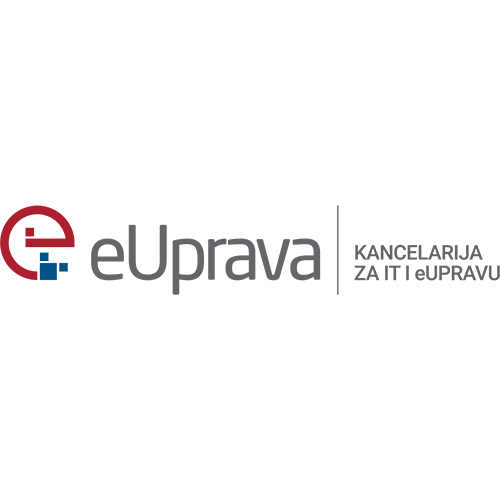
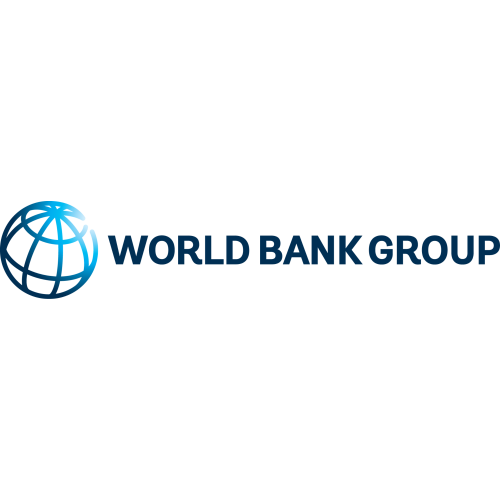

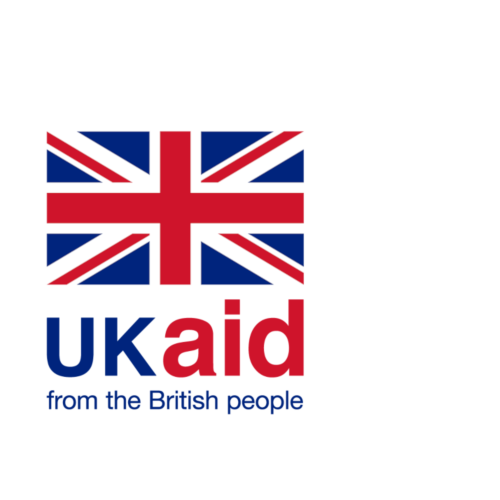
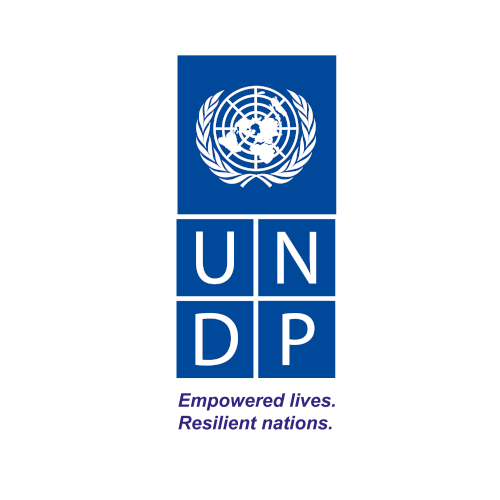
Authors of this website are solely responsible for the it's contents. Views expressed on this website don't necessarily represent views of the UK government, World Bank, The Office for information technologies and eGovernemnt, United Nations or Develompemnt programe of United Nations.
FAQ
1. Do I need to know programming to participate in the Winter School?
No, but what you do need is motivation to master some basic programming concepts that we will go through during the Winter School lectures.
2. Do I have to have my own computer?
Yes, because in addition to the live lectures, the second part of the Winter School is held on an online platform where you will be able to find additional materials, as well as exercises that you will need to do between lectures.
3. Will I receive a certificate?
Yes, you will. At the end of the Winter School, we will organise an event where we will award a certificate to everyone who successfully completed the school.
4. Is attendance at every lecture obligatory?
Yes, because the school lasts one month and the lectures are interconnected.
5. Where will the lectures be held?
The lectures will be held in Belgrade.
6. Can I apply if I am not studying at the University of Belgrade?
Yes. Students from all private and state universities with accredited study programs can apply.
7. What is the price of participation in the Winter School?
The Winter School is free for all participants.